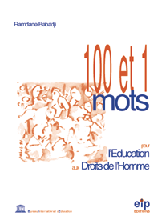

A State adheres to an international treaty when it expresses its will to be a State Party to the treaty, i.e., the State commits itself to respect and implement the treaty. Adherence has the same implications as ratification, approbation or accession.
*See : Entry into Force, Party, Ratification, Treaty.
